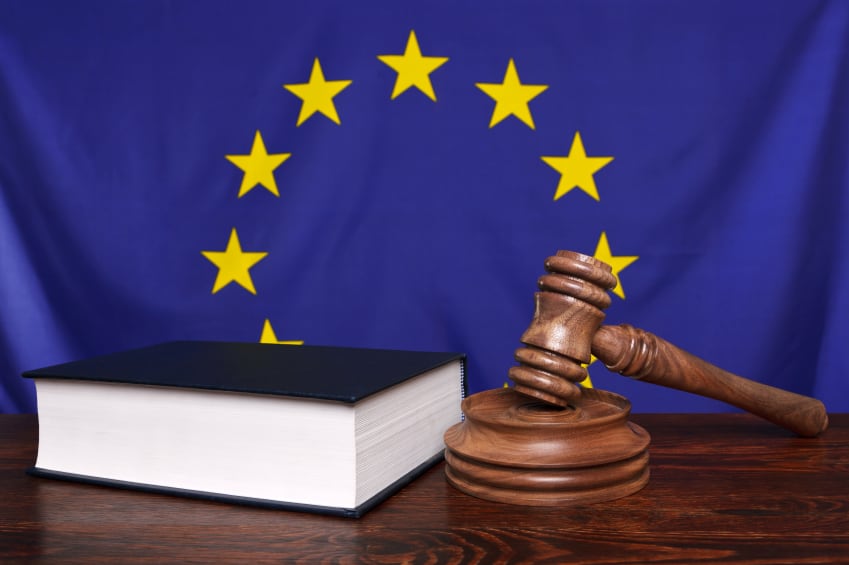In September last year the Italian Competition Authority (AGCM) imposed a fine of €250,000 on the company Named S.p.a for misleading press, radio and TV advertising for its supplement Immun’Age.
The company claimed its fermented papaya extract could help fight against serious diseases like Alzheimer’s, Parkinson’s, cancer and AIDS.
The fine against the claims – which AGCM said at the time were “untrue or at least ambiguous” – was said to be the largest ever levied for a breach of the EU nutrition and health claims regulation (NHCR) in any EU member state and the company was given 30 days to pay up.

However, one year on and an appeal to Italian courts has overturned the AGCM’s ruling – cancelling the fine and ordering the pair to share court costs.
Dr Luca Bucchini, managing director of Rome-based Hylobates Consulting, said the ruling had huge implications for the way in which the NHCR is enforced and the role and source of evidence required in that enforcement.
He said the decision was all “too absurd to be true” and had in essence “voided the health claims regulation in Italy”.
“We are all in shock here,” Bucchini told us.
So what did the courts say?
1. All botanical claims okay – not just those on hold

According to an unofficial list circulated by the UK Department of Health last year, there are over 2000 on-hold botanical health claims.
The backlog was caused by disagreement over the type of evidence needed to prove efficacy for these plant-based ingredients.
While this regulatory limbo prevailled it was agreed that any pending health claims could continue to be used, according to transition conditions of the health claims regulation.
However, this latest ruling went a step beyond this and said any health claim – pending or otherwise – could be used.
The court said it found no evidence that Named S.p.a’s claims were prohibited, and even if they were it would be up to the member state authority to provide reasoning for this.
2. Unauthorised doesn’t mean misleading
The courts said a health claim that was not authorised under the claims regulation was not automatically misleading, a view contrary to the interpretation of member state authorities like the UK’s Advertising Standards Authority (ASA).
Bucchini said the ruling meant: “Authorities should prove that they are misleading, not assume so.”
By this logic enforcement authorities like the AGCM cannot rely on assessment and approval or rejection from the European Food Safety Authority (EFSA) as a reference point of legality.

Instead they would have to examine the scientific evidence provided by firms, and potentially accept unauthorised health claims.
3. Antioxidants can help AIDS, cancer and Alzheimer’s
The court said research had linked an antioxidant-rich diet with preventive and curative effects of diseases and that this was also common public knowledge.
“Therefore it's not implausible that a food supplement with papaya helps with cancer, Alzheimer and cancer, and can be legally advertised as such,” Bucchini said.
“Such a link seems plausible to the court - even if not even liberal America allows such claims on supplements.”
What happens now

The ruling was made by the Lazio court for regional administrative matters, but there is still a chance the higher court (Consiglio di Stato) would overturn it.
However, if the ruling stands Bucchini said Italy could be in breach of EU law. Member states are not allowed to violate European rules even if its national courts demand it.
Instead member states must change laws so the ‘illegal’ court ruling does not apply.
“But there's still a fair chance that Named avoids any fine, and the ruling sets a precedent for at least some time.”
A spokesperson for the AGCM said it did not comment on ongoing court cases.
Named S.p.A did not respond to our request for comment in time for the publication of this article.
